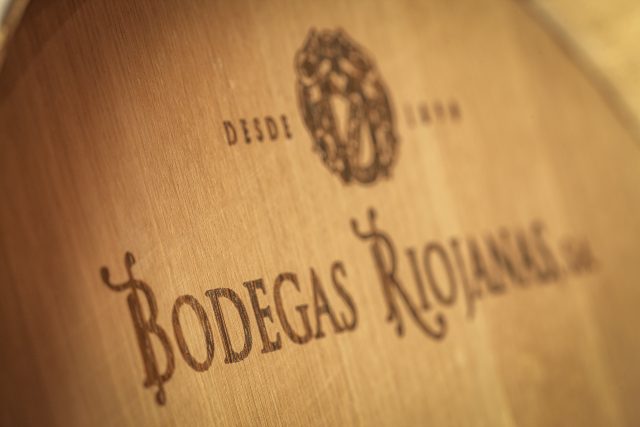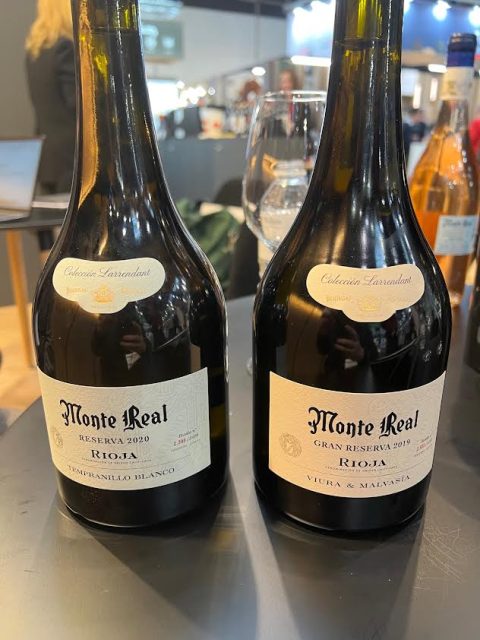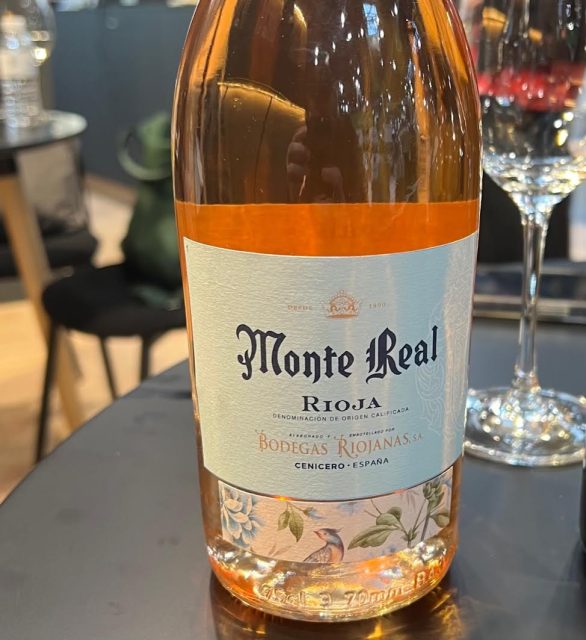ProWein: Bodegas Riojanas calls out greenwashing
By James EvisonBodegas Riojanas has called out greenwashing and highlighted the work needed on sustainability in the wine industry.

Speaking to the drinks business at ProWein, Bodegas Riojanas’ director general Eduardo Saínz Marotías said that climate change was “the biggest challenge we are facing” and that the recent conditions and increases in temperature had impacted the time of harvest.
The producer was mitigating the situation by moving to higher altitude plots and cooler vineyards, and also looking at the type of grape varieties that could be planted that would be successful in the changing environment.
He said: “We are looking at planting in villages at a higher altitude, as this will help to mitigate the current situation. The demand is constant.”
As climate change is a pressing threat, it has also already gained sustainable certification through the Wineries for Climate Protection programme.
He explained how it obtained the award in November 2022, and then it received the Sustainable Wineries For Climate Protection (SWFCP) seal, which aligns with the UN’s Sustainable Development Goals and how the winery observes social, economic and governance sustainability criteria, in addition to the environmental criteria on which the original seal was based.
Projects that the producer has undertaken for sustainability includes Sostevin, which seeks to alleviate the effects of climate change in its vineyards and wines.
The scheme including the installation of solar panels, which have allowed self-supply of 45% of the total energy consumption used in Cenicero throughout the year. Another important advance has been the winery’s decision to reward its winegrowers with the inclusion of sustainability and parcel quality indices in its grape payment invoice.
Trust

Saínz Marotías continued that it was important to highlight the sustainability work the producer was doing, and to create trust in the consumer that there is no greenwashing.
He said: “We need to communicate — on social media, throughout other channels — what is true. We need to have transparency in the industry, and the consumer is demanding it.”
Partner Content
Founded in 1890, though with a family history dating to 1799, the company pre-dates the establishment of the Rioja denomination. Its two Rioja labels each have decades of history behind them, including the Viña Albina, named after the daughter of one of the owners, launched in 1901, and the Burgundy-influenced Monte Real, which was “christened” by French winemaker Gabriel Larrendant, and released in 1933.
Four complimentary estates outside of the Rioja region make up the rest of the company’s portfolio: Bodegas Viore in Rueda, Bodega Veiga Naúm in Rías Baixas, Bodegas Torreduero S.A. in Toro, and the group’s latest addition — Bodegas Hacienda Miguel Sanz in Ribera del Duero.
It controls more than 300 hectares of vineyard from those in Cenicero, San Vicente de la Sonsierra and nearby towns, and grows Tempranillo, as well as some of the largest areas dedicated to Mazuelo and Graciano within the Denomination. The different plots of vineyards are situated on clay-limestone soils, of Miocene origin.
New releases

The brand is also launching its first rosé under its Monte Real brand as well as ageing Rioja white wines and releasing a Reserva 2020 this month.
Saínz Marotías said: “We were looking for something to compliment the rest of the portfolio, and we believe the rosé, with its freshness, will be a good match for the collection of wines.”
The appeal of wine to Generation Z and younger consumers was also a keen point that Saínz Marotías wanted to make.

He said: “There is the fight of being loyal to our roots and also wanting to invest in the future. Our founders were pioneers of our time and now we need to be pioneers of our time.”
“The arguments for selling a wine now are completely different to those of twenty or thirty years ago.”
Although low-alcohol wines aren’t allowed under the Rioja DO, Bodegas Riojanas’ has been “analysing the trend” and “looking where there is demand in the market”, he said.
Related news
Why you may be hearing more about Maturana
The careful considerations behind one of Europe's biggest wineries




